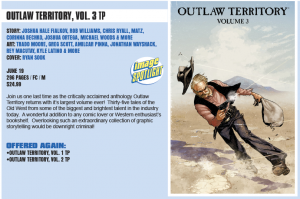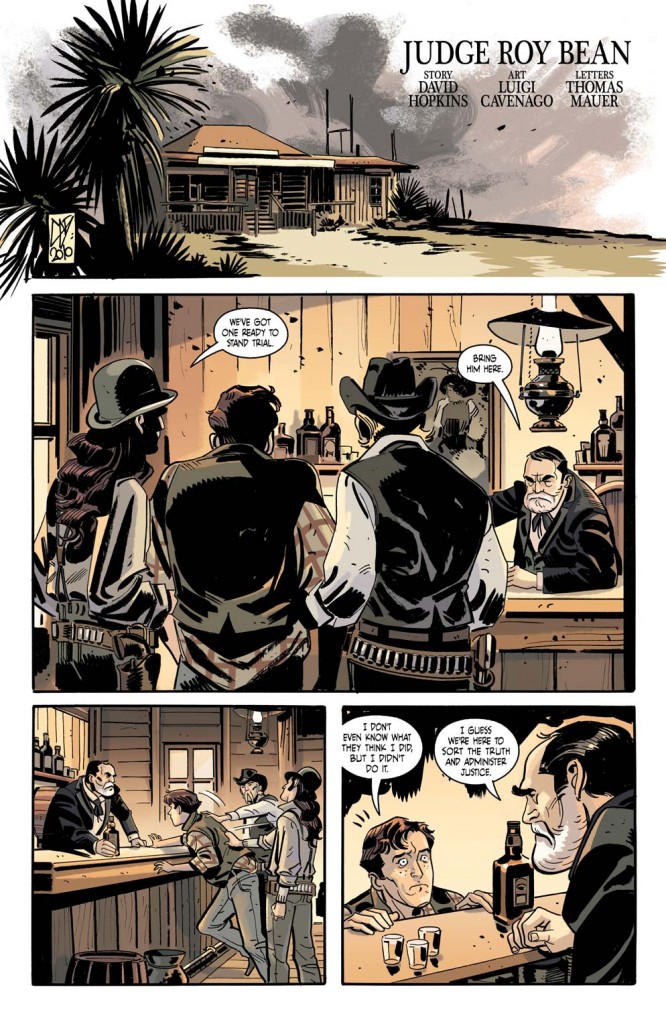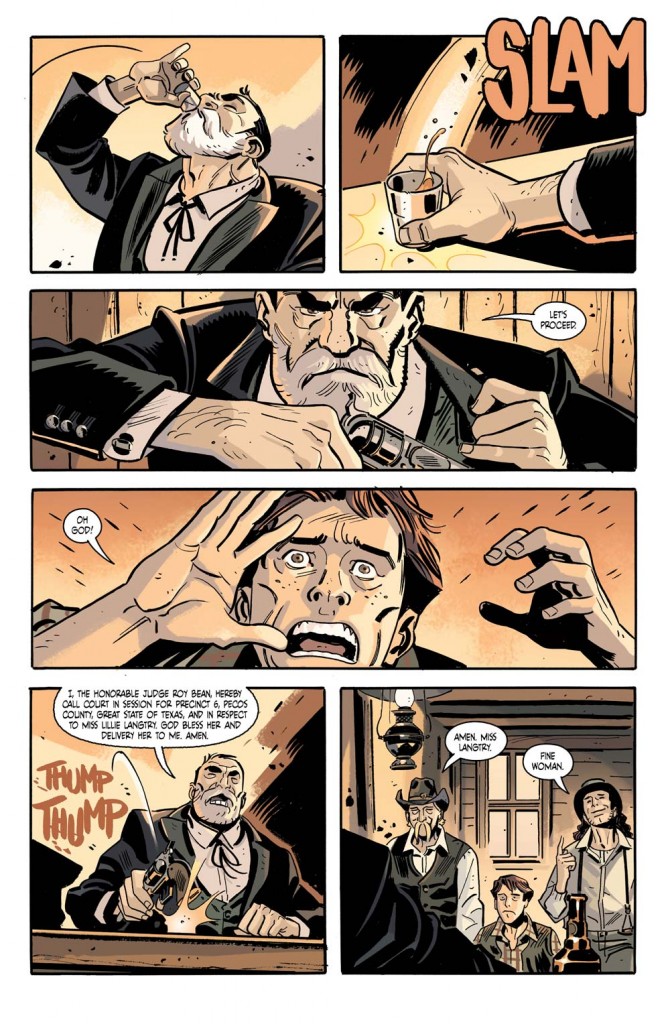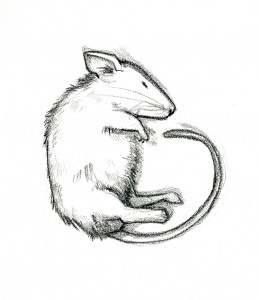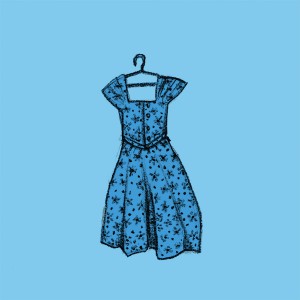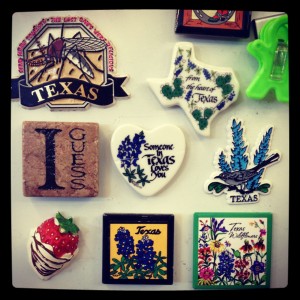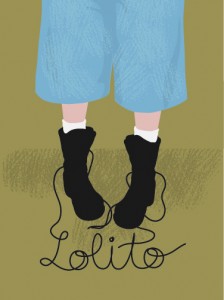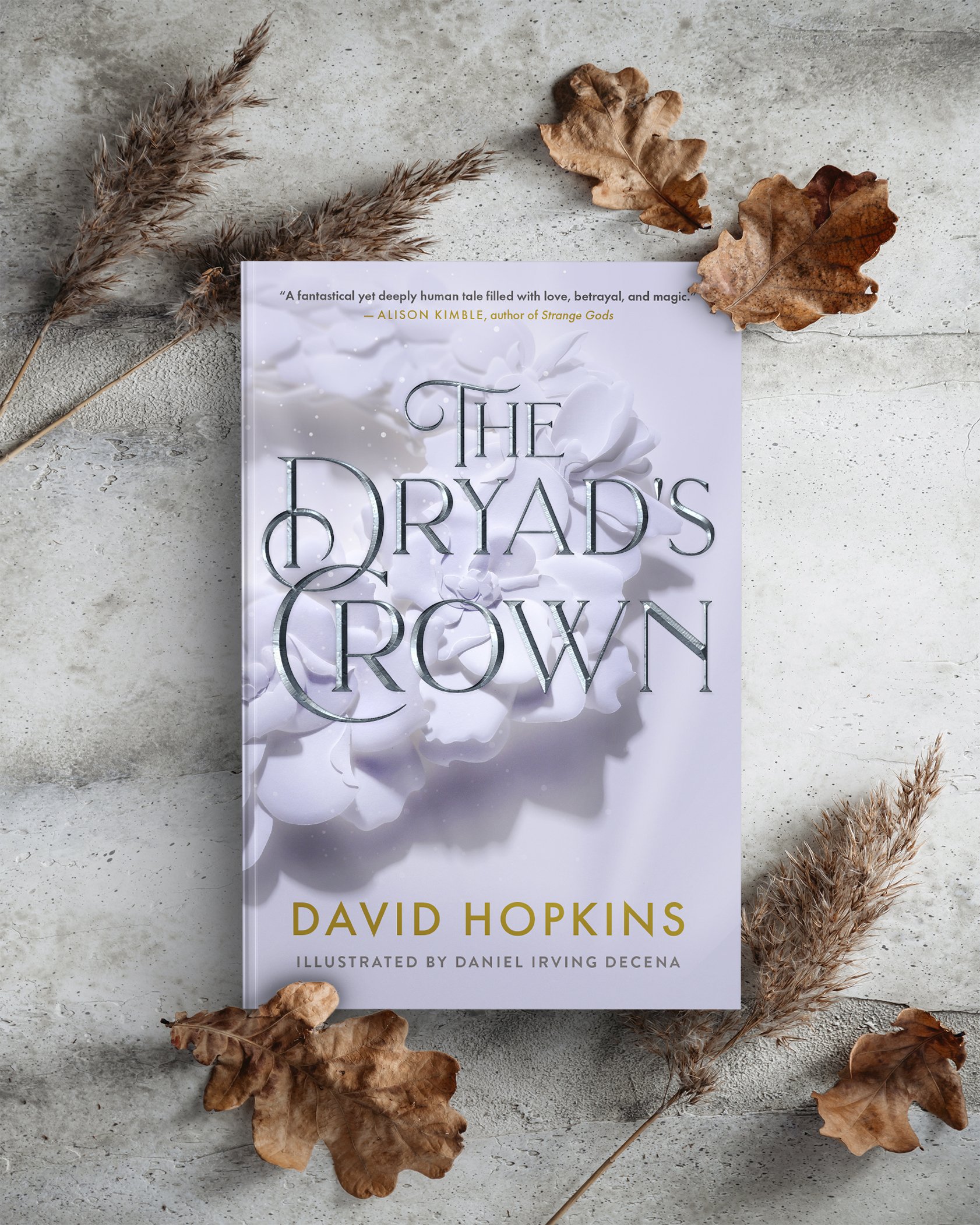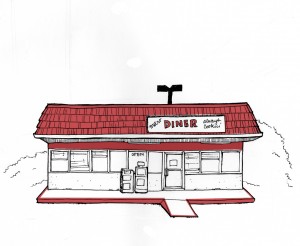 It's not January. In fact, it's almost March. I know it. You know it. However, the January short story doesn't know about this small inconsistency. I would appreciate if you keep this secret between you and me. The short story thinks it's January, and I don't want it to be any more confused than it already is. Eventually, we'll get caught up. Maybe. We have three short stories left. Then I will start organizing everything for the print edition.
This January short story is a little different. I wanted to experiment with telling the story entirely through dialogue. The short story consists of three shorter stories, all organized around a basic concept: two people sitting at a booth, having a conversation. Yes, sorta like Jim Jarmusch's COFFEE AND CIGARETTES. I'm trying something new here, trying to grow as a writer. If you like it, you're welcome. If you don't like it, I'm sorry you've been victim to my explorations.
It's not January. In fact, it's almost March. I know it. You know it. However, the January short story doesn't know about this small inconsistency. I would appreciate if you keep this secret between you and me. The short story thinks it's January, and I don't want it to be any more confused than it already is. Eventually, we'll get caught up. Maybe. We have three short stories left. Then I will start organizing everything for the print edition.
This January short story is a little different. I wanted to experiment with telling the story entirely through dialogue. The short story consists of three shorter stories, all organized around a basic concept: two people sitting at a booth, having a conversation. Yes, sorta like Jim Jarmusch's COFFEE AND CIGARETTES. I'm trying something new here, trying to grow as a writer. If you like it, you're welcome. If you don't like it, I'm sorry you've been victim to my explorations.
Oh, and I cannot stress this enough: this short story is fiction. It is in no way based on actual events or actual conversations, because that would be embarrassing. All fiction. All false. I'm totally making up this stuff as I go. I would prefer for you to believe that.
And don't tell the January short story that it's almost March.
Would you like to read this story? For only $10, you too can join the club. Right now, we have 129 subscribers. Here’s a preview of this month’s story:
"Conversations at Metro Diner" by David Hopkins
Mike and his friend Peter sit across from each other. It’s 2 a.m. They’ve been out drinking, not quite drunk, but hazy—if you can make such a distinction. They stopped for coffee and breakfast food before they head home. Mike is restless.
“The grand gesture is dead. It just is.”
“Like flowers and all that?”
“No bigger than that. Grand gestures. You read—what’s that book—with that wealthy dude, and that girl Daisy and those parties—Great Gatsby! You ever read that book?”
“We were supposed to in high school; I never did.”
“Well, it’s a book about grand gestures. The guy becomes a millionaire and throws these ridiculously expensive parties all to impress this girl, and what happens? That girl Daisy stays with her husband.”
“Spoiler.”
“Whatever. The novel has been out forever. Like, yeah, Daisy is married. She has a kid, and a life with this jerk of a husband. Gatsby tries to win her over with money and his grand gestures. Nothing.”
“But she was married. Why would we care about Gatsby?”
“Because the other guy is racist and an asshole. The writer tries really hard to make you hate the husband, Tom, I think.”
“Maybe the grand gesture doesn’t work with married women?”
“Nah. See. Here’s the thing. If Daisy truly loved Gatsby, it would’ve worked. Maybe. But if she didn’t love him, it’s just creepy. If the girl likes the guy, then throwing rocks at her window is endearing. If the girl doesn’t like the guy, she’s calling the cops.”
Would you like to read the rest? You should subscribe. I’ll send you this short story (available in pdf, epub, and mobi formats), the stories from June, July, August, September, October, and December plus a new story every month for the next three months. All artwork by April Hopkins.
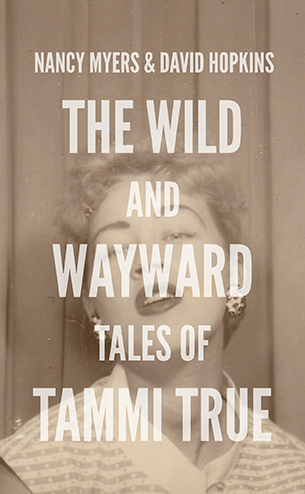 In the 1960s, Nancy Powell became TAMMI TRUE, the burlesque headliner at Jack Ruby’s Carousel Club. She lived a double life, PTA mom by day and stripper by night. Then Jack Ruby shot Lee Harvey Oswald and everything changed.
In the 1960s, Nancy Powell became TAMMI TRUE, the burlesque headliner at Jack Ruby’s Carousel Club. She lived a double life, PTA mom by day and stripper by night. Then Jack Ruby shot Lee Harvey Oswald and everything changed.